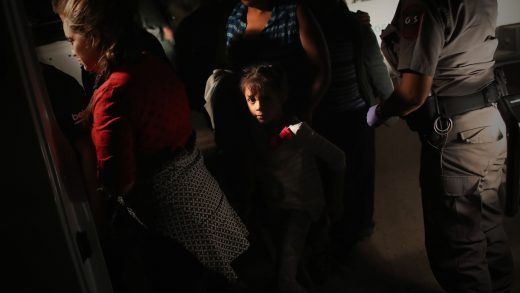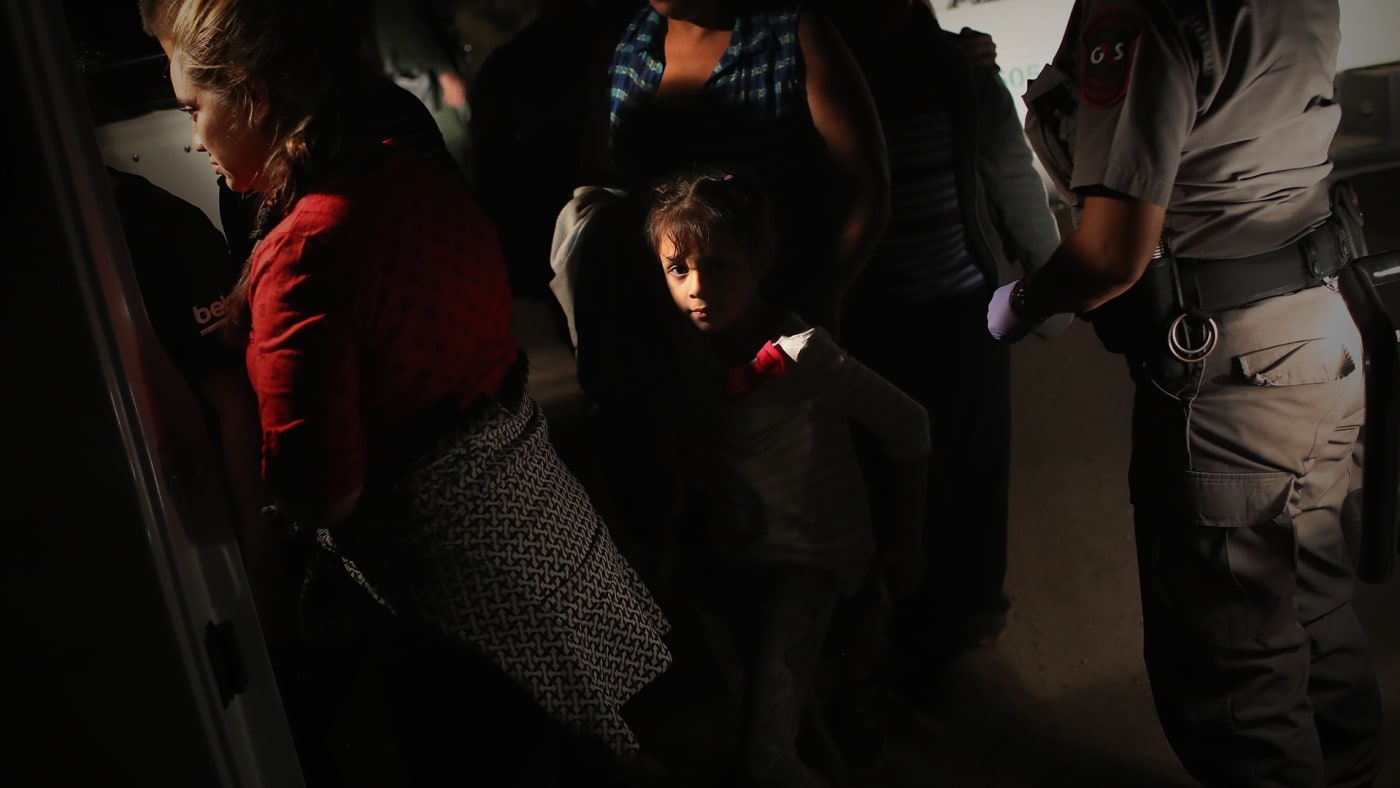DNA testing is being used to keep families apart–not reunify them
When the Trump administration failed to meet the first deadline for reuniting children that separated from their parents at the border–under a court order, all children under five were supposed to be back with their parents by June 10, and all other children need to be reunified by July 26–part of the delay came from the fact that the government has been forcing some families to take DNA tests.
Some of the records that linked parents and children have disappeared or have been destroyed, according to one report. In other cases, the records are sitting in border patrol or ICE files, but the government has claimed that the fastest way to prove that families are related is to give them DNA tests rather than for one agency to call another. (This came two weeks after Alex Azar, the secretary of health and human services, said that he would be able to find children “within seconds” when questioned about the challenges of reunification.)
In at least some cases, parents were told they’d have to pay for the DNA tests themselves, with money they don’t have. The tests take at least a week for the government’s contractor to process.
As one immigration attorney put it, it could be a delay tactic: The longer the government can keep children and parents apart, the more it can pressure them to accept deportation. Immigration advocates say that DNA tests raise privacy concerns, and only make sense in cases where there’s clear evidence a child might be a victim of human trafficking. When some DNA testing companies offered to donate tests in June in an attempt to help with reunification, some nonprofits working with separated families turned the offers down.
It isn’t clear why some parents were told they’d have to foot the bill for the tests themselves–when the government is responsible for the separations. According to one report, some families have paid between $700 and $800 to prove their relationship; consumer DNA tests sell for as little as $79. MyHeritage, a DNA testing company that had offered to give away the tests for free to nonprofits or government agencies, says that it is still hoping to work with relevant organizations, but didn’t confirm if the government had responded to its offer.
In a court conference with the government and the ACLU on June 10, a judge said that the government needs to use a streamlined process to reunite children and their parents, and that DNA tests should only be used when the government has a legitimate reason that it can’t prove the relationship by other means. The judge also said that any additional DNA tests should be destroyed as soon as they’re used to match up families, and that they shouldn’t end up in a government database.
Meanwhile, the government said on Tuesday that it expected to reunify 38 children by the deadline that day, out of 102 children who are under five who were separated from their parents. (Though the numbers aren’t clear, perhaps 1,700 children over the age of five are also waiting for reunification). Every day of delay matters, especially for young children: Some of the children who have been reunited didn’t recognize their parents.
(8)



